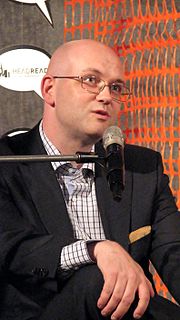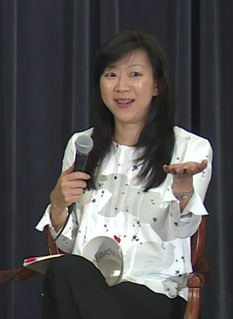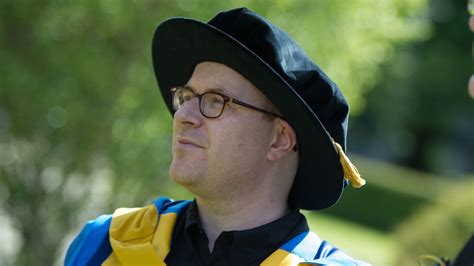A Quote by George Pattison
But why should a religious person be interested in a work like Heidegger's that many regard as the epitome of nihilism? For a start, because Heidegger forces us in a way that few philosophers do to really think through the seriousness and all-encompassing nature of our mortality.
Related Quotes
Like Nietzsche, Heidegger also gave up on the prospect that schools and universities would nurture the kind of reflective openness to the way of things that, certainly by the 1940s, he identified with authentic thinking. The authentic person is not the Promethean, iron-willed figure that pops up in Nietzsche, but someone more like the Daoist sages whom Heidegger admired.
For me, the existentialists are important critics of 'absolutist' claims, and Heidegger and Merleau-Ponty are, at least in their later writings, also exponents of a doctrine of mystery: Being or the 'well-spring' of everything is, for Heidegger, ineffable, just as what Merleau-Ponty called 'Flesh' is for him.
I was keen to dispel a familiar misunderstanding: that existentialists somehow relish the alienation of human beings from the world. This may have been Camus's attitude, but it was certainly not that of Heidegger, Sartre and Merleau-Ponty, each of whom tried to show that we can only experience the world in relation to our own projects and purposes. The world is initially one of 'equipment', said Heidegger: it is a world of 'tasks', said Sartre.
In brief, I regard love as a more decisive focus of meaning than death. In terms of Heidegger's argument, this is because I think he misdescribes the importance of the deaths of others and focuses exclusively on my relation to my own death. But, in reality, the deaths of others have a more urgent and immediate impact on our lives than the purely notional knowledge that I too will one day die.
In the doctrine of the world and humankind as 'will to power and nothing else', Heidegger identified not an antidote to nihilism, but the completion of it. For what can be more destructive of truth and value than the doctrine that these are simply the impositions on the world of human exercises of power?
The daimonic refers to the power of nature rather than the superego, and is beyond good and evil. Nor is it man's 'recall to himself' as Heidegger and later Fromm have argued, for its source lies in those realms where the self is rooted in natural forces which go beyond the self and are felt as the grasp of fate upon us. The daimonic arises from the ground of being rather than the self as such.
Thus society is born, as something required by nature, and (because this nature is human nature) as something accomplished through a work of reason and will, and freely consented to. Man is a political animal, which means that the human person craves political life, communal life, not only with regard to the family community, but with regard to the civil community.

























